|
Originally written in 2012, Millers Court was a three page flash fiction story written from the point of view of Jack The Ripper. The first few weeks of 2022 I have rewritten the story and provided a new take on the famous mystery.
0 Comments
In August 2015, my maternal grandfather passed away following a short battle with his health – predominantly old age. Over the last few months of his life, it had been evident that he was suffering from some form of dementia, although due to his passing, this was never officially diagnosed. Less than three years later, in the March of 2018, my paternal grandfather died after battling Alzheimer’s disease; he had been suffering for eleven years.
In the months that followed, I decided that this harrowing disease, which affects the sufferer and their families and friends, needed due attention. What better way to bring attention to dementia than by focusing my next play on that very subject? ‘Leave An Empty Chair’ Chronicles the last few years of Michael Summers (Mike happened to be a nickname given to my grandfather to differentiate between him and another Alan) from the point in which he is diagnosed with Alzheimer’s disease. A considerable amount of the story is factual and based on actual events that occurred to my granddad and our family in a semi-biographical way. Hopefully, the play will allow for a few laughs, tears and, most importantly, bring awareness to the blight on life that is dementia. The play will premiere in 2023 (May 30th – June 3rd) at Stoke Repertory Theatre. Casting updates and ticket information will follow in the spring of 2022! Hopefully, see you there! Steve At the beginning of 2020, even before the pandemic, I noticed a change in my mental health. My state slowly declined further and resulted in six months of absolute hell for myself and my family as I battled with the invisible illness of anxiety and depression. I was no stranger to depression, or so I believed, having been told I'd had it on and off since my teenage years, but the anxiety was I found a new, more terrifying enemy. After numerous panic attacks (which I had never suffered with until now), almost being sectioned (twice), I was beginning to feel slightly better by September. Now over twelve months on, I still struggle daily, but I have come to accept it as part of who I am and try to co-exist with my demons as best I can. Winston Churchill described his battle with depression as an angry, aggressive black dog, tough to control but manageable when handled correctly. 'Black Dog' is a new poem I worked on this last week (while isolating as my daughter had covid). Although dark, as befits its gothic stylisation, I hope it gives insight to those who have not experienced the 'Black Dog' just how it feels when it stares you in the face. For those who have felt like this, I hope it shows you that you are not alone with your thoughts; there are many of us out there – but you can win and be free!
|
AuthorSteven K Beattie's blogs. Ranging from news regarding his latest projects to general topics of discussion. Archives
January 2022
Categories
All
|
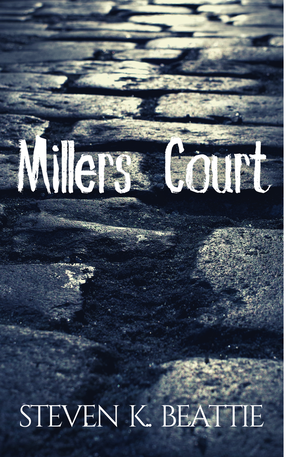

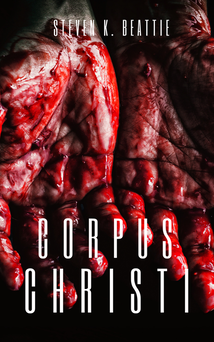
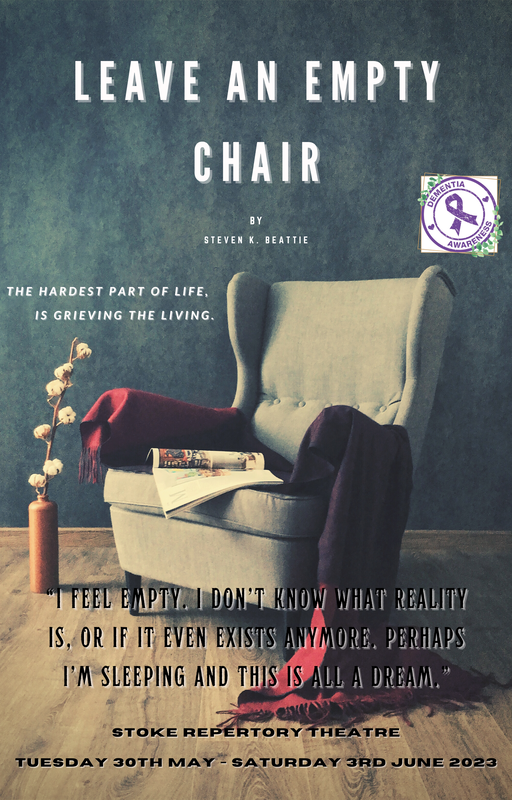
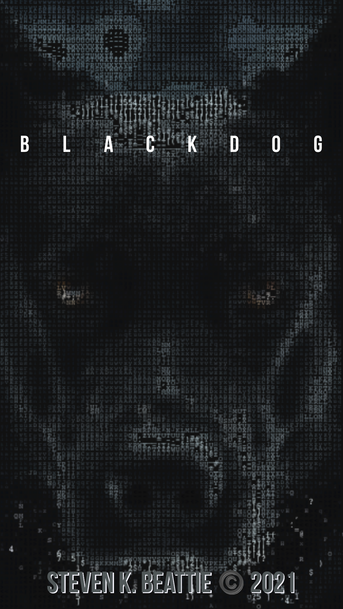
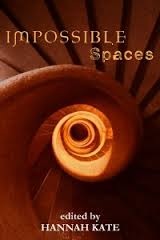

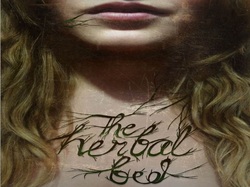
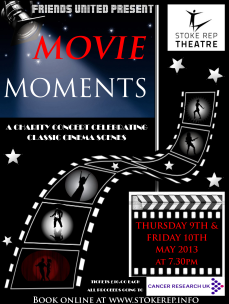

 RSS Feed
RSS Feed
